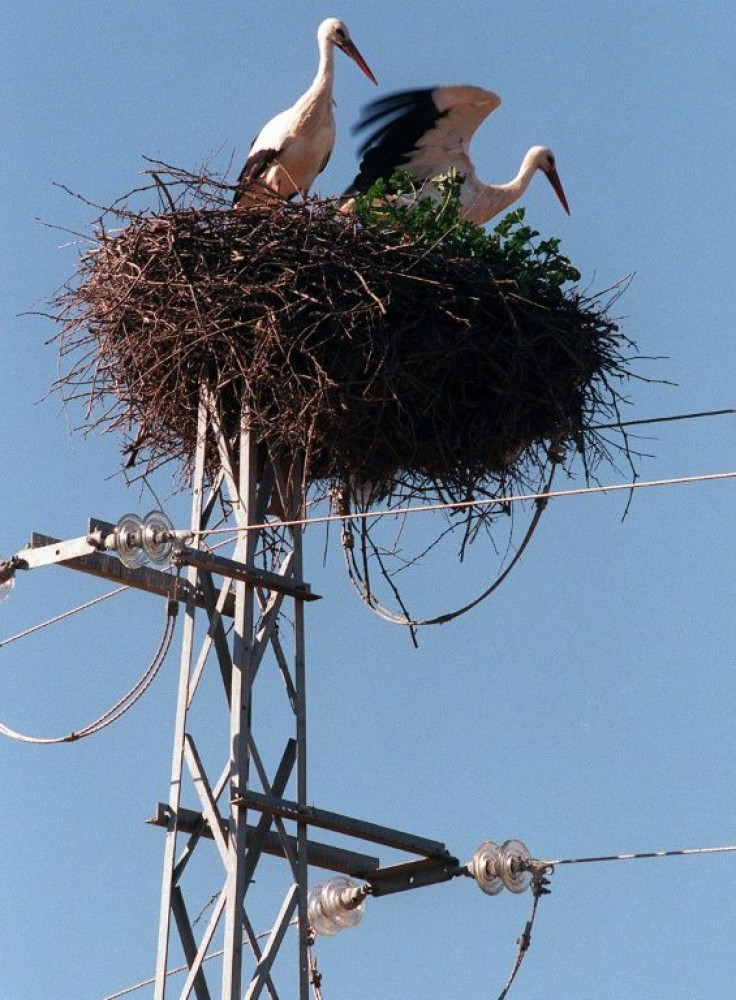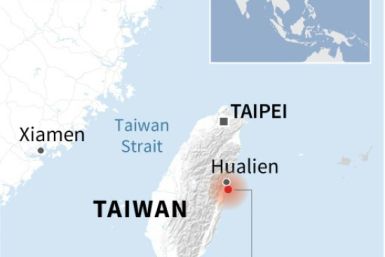Energy Giant Sued As Spain Power Lines Kill 100s Of Birds
Barcelona prosecutors have filed suit against energy giant Endesa for the deaths of hundreds of birds electrocuted by its high-wire power lines, court documents show.
According to the lawsuit, a copy of which was seen by AFP on Wednesday, prosecutors are suing the utility for offences against the environment and wildlife for failing to adequately insulate its electricity cables and pylons, creating "a death trap" for birds.
Electrocution occurs when birds touch two wires at a time or when they perch on a conductive pylon while also touching a cable.
In their complaint, prosecutors said 255 birds died in the Osona region north of Barcelona between 2018 and 2020, including protected species such as white storks, griffon vultures, short-toed eagles and buzzards.
"The electrocution and death of birds due to direct contact with the exposed conductors on pylons owned by the defendant has affected the whole province of Barcelona, constituting a veritable plague," the complaint reads.

Contacted by AFP, Endesa was not immediately available for comment.
Experts say electrocution on power lines is a major threat to many wild birds, particularly endangered species that use pylons as perches.
According to the lawsuit, Endesa had "not taken measures to repair the affected (parts) that fail to comply with the safety measures... deliberately disregarding and ignoring its legal obligations to prevent harm to wildlife and the environment".
In August 2018, 72 white storks died over three days when a flock of 700 stopped in the area while migrating south in an incident involving 34 pylons owned by Endesa, "which had not been insulated by the company" as it was legally required to do, it said.
Despite repeated legal demands, Endesa, a subsidiary of the Italian energy giant Enel, had failed to undertake the necessary action to fix the pylons to avoid "the ongoing, evident and preventable death of birds in the Barcelona area", it said.
According to a 2010 study by experts at Barcelona University, the most dangerous pylons are those with wires or connectors above the cross-arms that are located in habitats where there are few natural places for the birds to perch.






